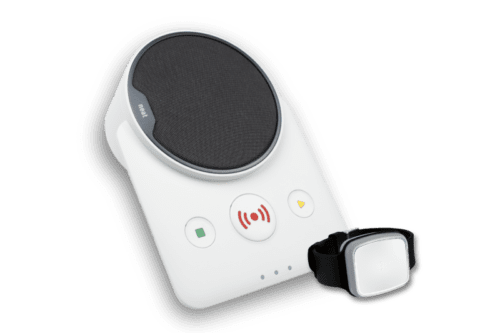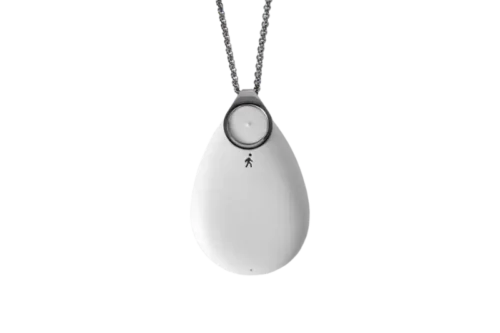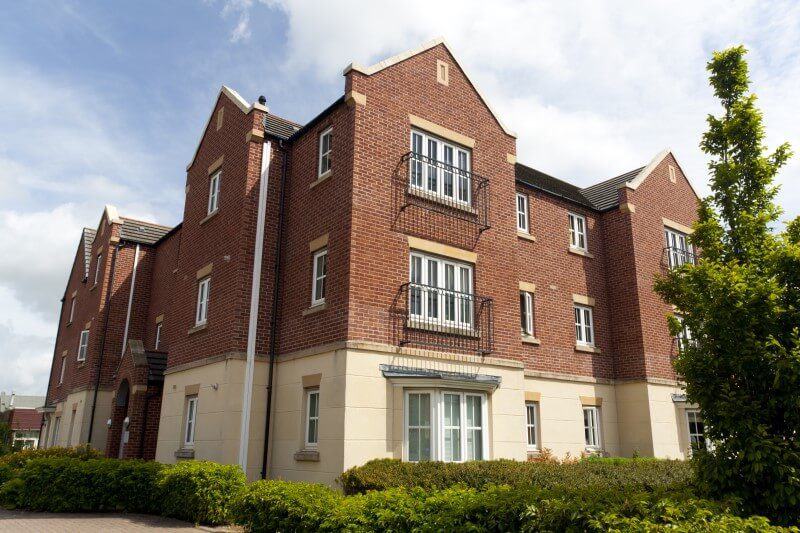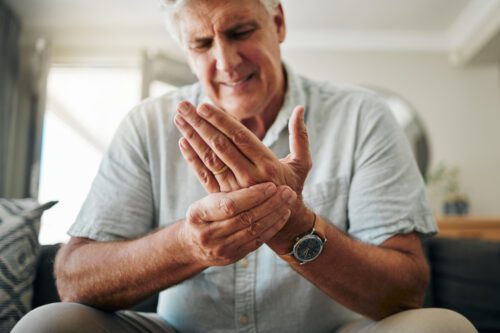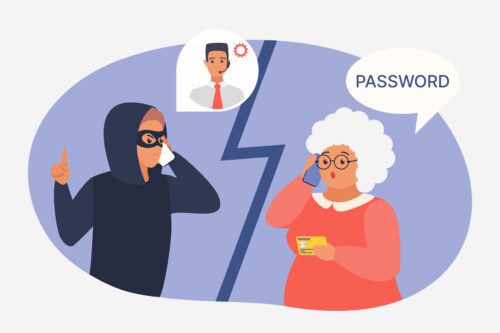There are many charities and organisations that actively hold events for stroke awareness. It’s important for each of us, on an individual level, to make sure we are doing what we can to prevent strokes from happening to ourselves and our family members. Our vlog, “How to Identify a Stroke,” from Dr. Hilary Jones helps you understand why strokes occur and how to help someone who has had one.
What is a Stroke?
A stroke is a brain attack. This occurs when a portion of your brain is deprived of blood supply. Blood carries essential nutrients and oxygen to your brain.
Without blood, your brain cells can be damaged or die. This damage can have different effects depending on where it occurs in your brain.
A stroke can affect the way your body works as well as how you think, feel, and communicate.
What are the symptoms of a stroke?
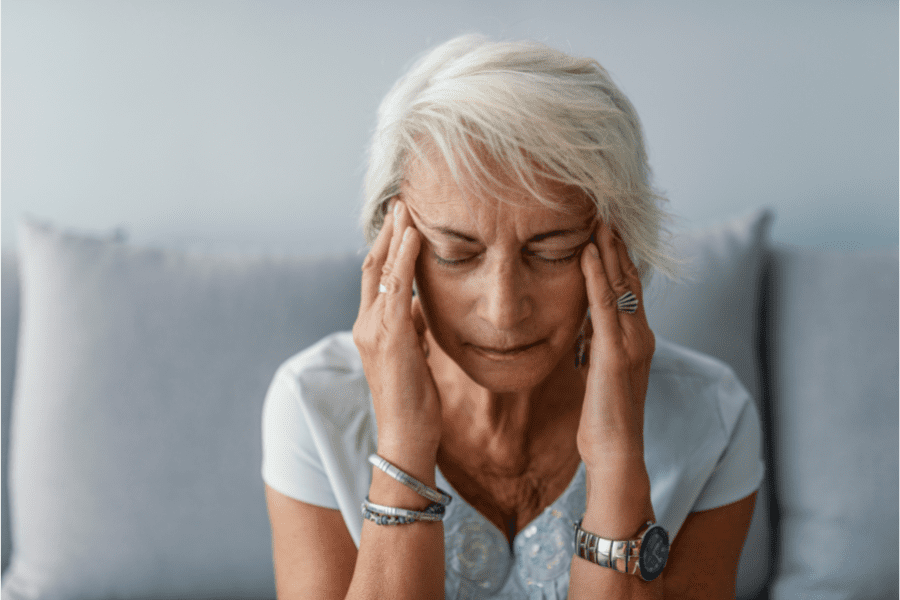
Knowing the symptoms of a stroke allows you to seek help from a paramedic, who can help reduce the brain damage that a stroke can cause. Its main symptoms are:
- Numbness or weakness on the face, arm, or leg on one side of the body
- Trouble speaking, sudden confusion, and difficulty understanding speech
- Trouble seeing in one or both eyes
- Dizziness, loss of balance, or difficulty walking
- Severe headache
How common is a stroke?
152,000 people suffer a stroke every year; that’s more than one every four minutes in the UK.
Stroke is the leading cause of adult disability in the United Kingdom, with over one million survivors, roughly half of whom require ongoing care from family and friends.
One out of five strokes is deadly, as shown by the abrupt death of The Grandaddy’s bassist Kevin Garcia at the age of 41. There is good news! The mortality rate of strokes has halved in the last 20 years.
Ages 75 and older are most at risk of suffering a stroke, which represents the largest portion of Telecare24 customers. Which is why having a personal alarm can help you, because getting help quickly is essential to surviving a stroke.
The long-term effects of a stroke are dramatically reduced the sooner you receive assistance from a paramedic.
Once a person has suffered a stroke, there is an increased risk of further occurrences, especially in the first month. 10% of stroke victims experience another stroke within 12 months.
What can you do to prevent a Stroke?
Lifestyle can play a huge part in reducing the risk of stroke.
Smoking is the single largest risk, doubling the chance of a stroke, accounting for around 10% of strokes each year.
According to an article published by the Centers for Disease Control and Prevention, these are other
factors that can play a major role in decreasing the risk of stroke. They are:
- Choose healthy foods and drinks
- Maintain a healthy weight
- Participate in regular physical activity
- Limit alcohol
- Check cholesterol
- Maintain blood pressure control
- Control diabetes
- Treat cardiovascular disease
- Take your medicine on time
We hope this information is helpful. If so, please check out our blog for more information.

